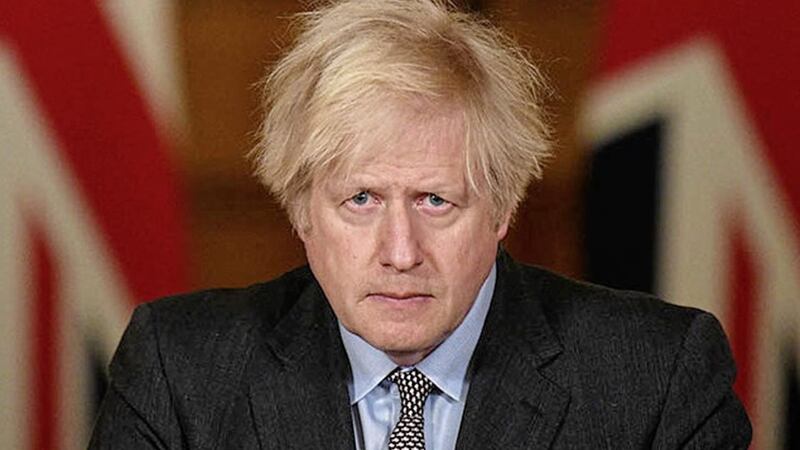A WOMAN who claims British Prime Minister Boris Johnson acted in "bad faith" when signing the Brexit Withdrawal Agreement will have her case heard by the Court of Appeal next week.
The woman, identified only by the fact that she lives near the border, lodged papers at the High Court in October which alleged the Tory leader signed the EU-UK treaty for "improper purposes".
In December she was refused leave to seek a judicial review but will have her appeal heard on Monday.
The last time a senior British government representative faced court action on similar grounds was in 2006 when west Belfast woman Brenda Downes, whose husband Sean was killed by an RUC plastic bullet in 1984, successfully challenged former secretary of state Peter Hain's appointment of Victims' Commissioner Bertha McDougall.
Mr Justice Girvan ruled the appointment was unlawful for a number of reasons, including that it was motivated by "an improper political purpose, namely, so-called confidence building".
The woman taking the case against Boris Johnson is being represented by Harte Coyle Collins solicitors.
Solicitor Patricia Coyle said her client had "set out her case extensively" and asked the court to "direct a response from the Prime Minister Mr Boris Johnson". However, she said the court dealt instead dealt with the legal arguments presented by lawyers acting on behalf of the prime minister.
"The prime minister has yet to provide a simple denial that he acted in bad faith or for improper purposes as alleged by the applicant," she said.
"He has simply ignored the issues raised by the applicant and made no attempt to provide an explanation for the matters relied upon or to provide the information requested by the applicant."
Ms Coyle said the case is "one of good governance and not simply Brexit".








